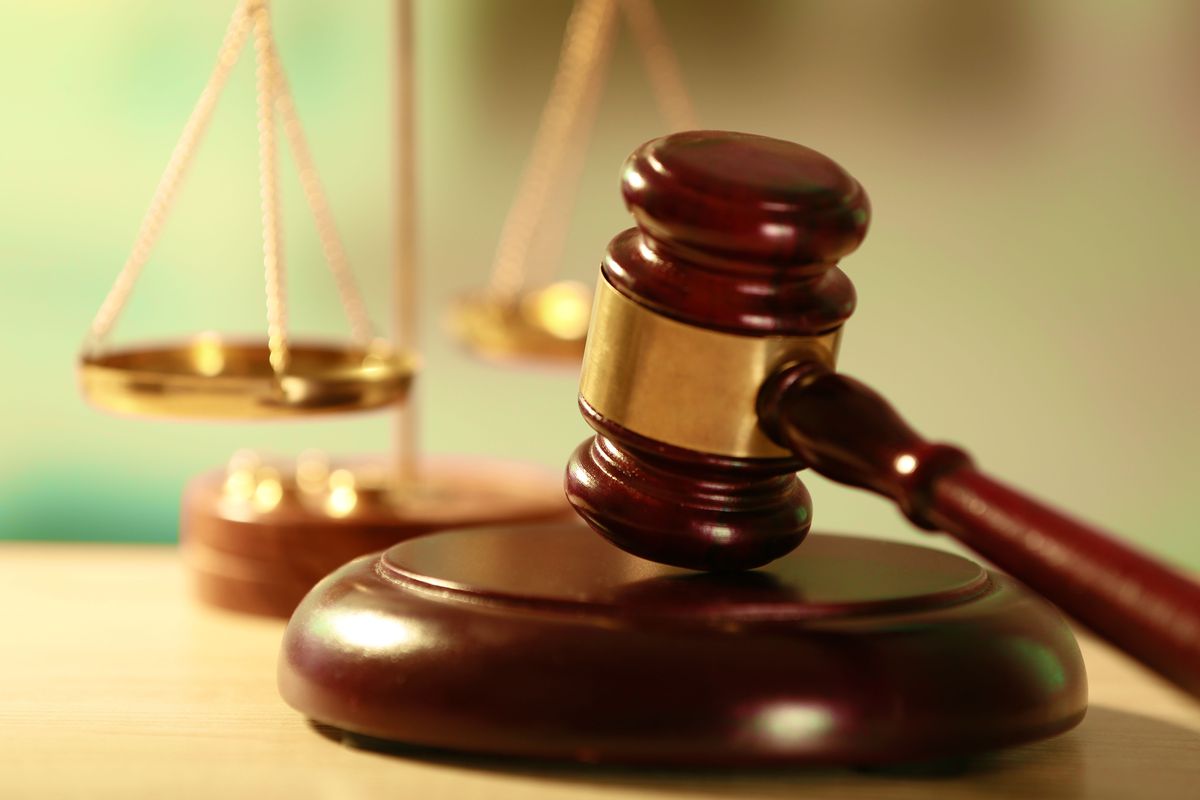THE State insists it has a case against suspended prosecutor Tapiwa Kasema, who is accused of consenting to bail for armed robbery suspects, and wants him to stand trial.
Kasema is facing criminal abuse of duty allegations after he allegedly failed to observe an internal memorandum by a senior official that bail had to be opposed in all (cases involving) violent crimes and an affidavit from the investigating officer had to be submitted.
Through his lawyer Admire Rubaya, Kasema has applied for an exception to the case, arguing that the charge does not disclose an offence recognised at law.
He argued that the alleged conduct should not amount to a criminal prosecution, but rather his employer — the National Prosecution Authority (NPA) — should instigate disciplinary proceedings since he only violated an internal communication.
The State has, however, responded to the exception application and insisted that they have a case against Kasema.
“The State will submit that the charge specifically disclose the offence by alleging both conduct and intention. A charge can only be defective if it does not disclose the essential elements of the offence,” the State submitted.
In his application, Kasema believes being prosecuted in the execution of lawful duties puts everyone involved in the justice delivery system at risk.
“It also sends a chilling effect on this court because all its judgments that the prosecutor general and all the powers that be disagree with will then become subject of criminal prosecution against judges of superior courts, magistrates of this court, prosecutors who appear before them and legal practitioners who defend their clients,” his lawyer argued.
The State said while a prosecutor has discretion in the performance of his duties, such discretion is not absolute.
“It is not denied that in the exercise of his prosecutorial duties the accused has discretion, however, that discretion is not absolute. The discretion is limited such that the prosecutor is accountable to the public,” the State said.
Rubaya argued that the Prosecutor-General, Kumbirai Hodzi, and other senior officers in NPA ought to be reminded that their internal memos remain internal since they are not the law.
The lawyer also argued that the fact that although the NPA senior officials have prosecutorial powers, it does not give them unfettered power to prosecute their subordinates for not following their internal instructions through the criminal justice system.
The State argued that Kasema omitted certain duties during his work and he should be held accountable.
“It is submitted that in this case the accused in the exercise of his duties omitted to seek authority to consent to bail from his superiors.”



